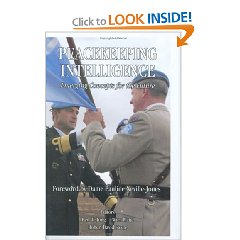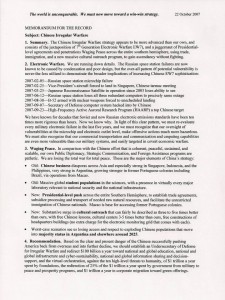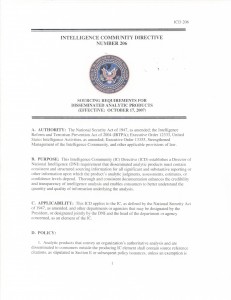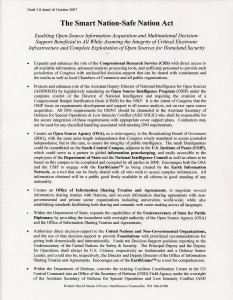Richard Connaughton is a former officer of the British Army. His last appointment was head of Defence Studies with the rank of colonel, from which he took early retirement. He set up his own consultancy, National & International Consultancy, working for clients in the politico-military field world-wide. He has a post-graduate degree in International Relations from Cambridge and his PhD from Lancaster University is in Politics. He is an honorary research fellow for the Centre for Defence and International Security Studies. He has recently written papers for the Joint Forces Quarterly, Civil Wars and Small Wars and Insurgencies. Details of his books appear on his website: www.connaughton.org.uk His most recent books are MacArthur and Defeat in the Philippines (New York: The Overlook Press 2002) and Military Intervention and Peacekeeping: the Reality (Aldershot: Ashgate 2001). His next book, The Rising Sun and the Tumbling Bear, on the Russo-Japanese War of 1904-5, is to be published by Orion in 2003.
The Second Iraq Intervention 2002-2003





